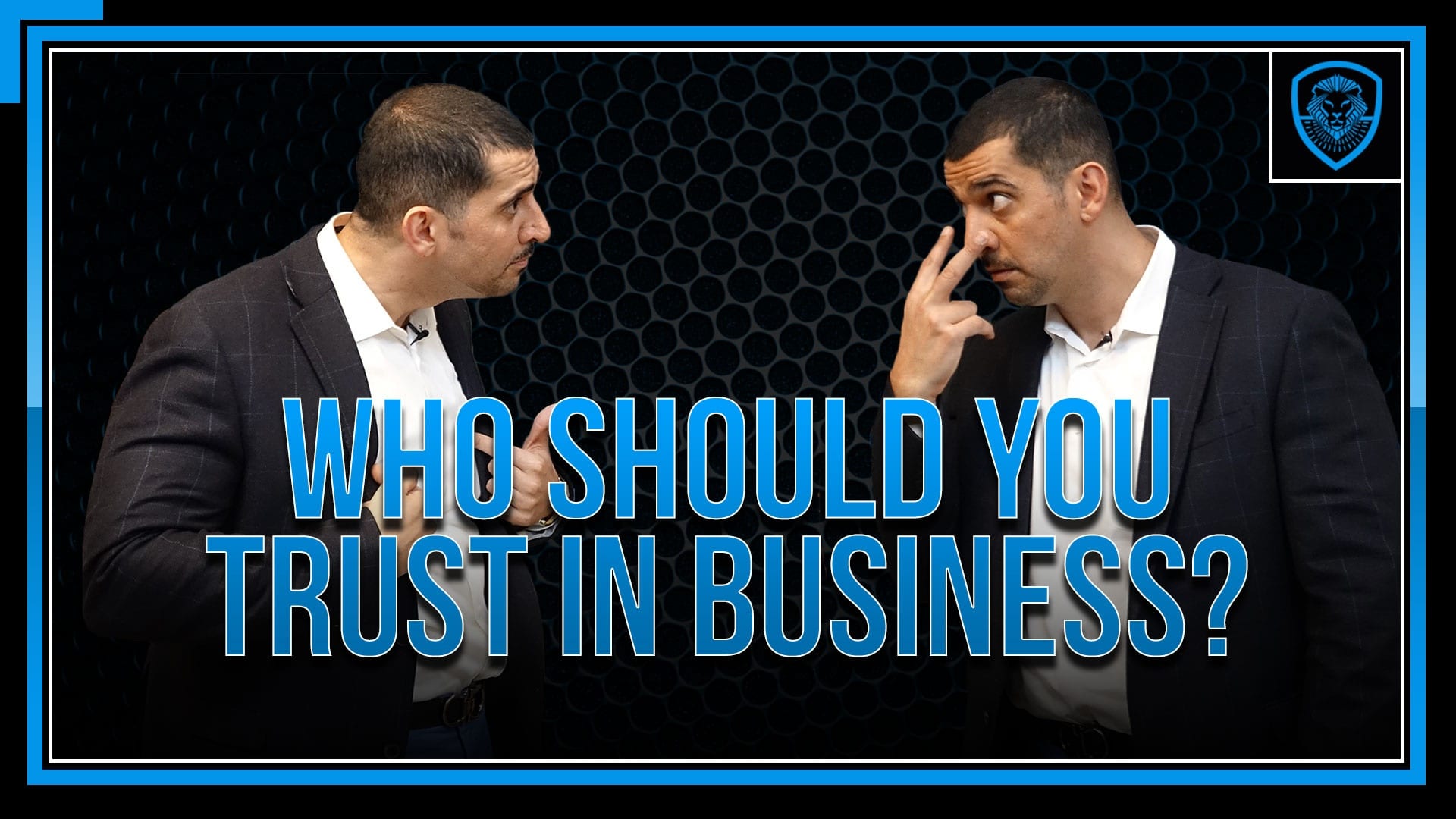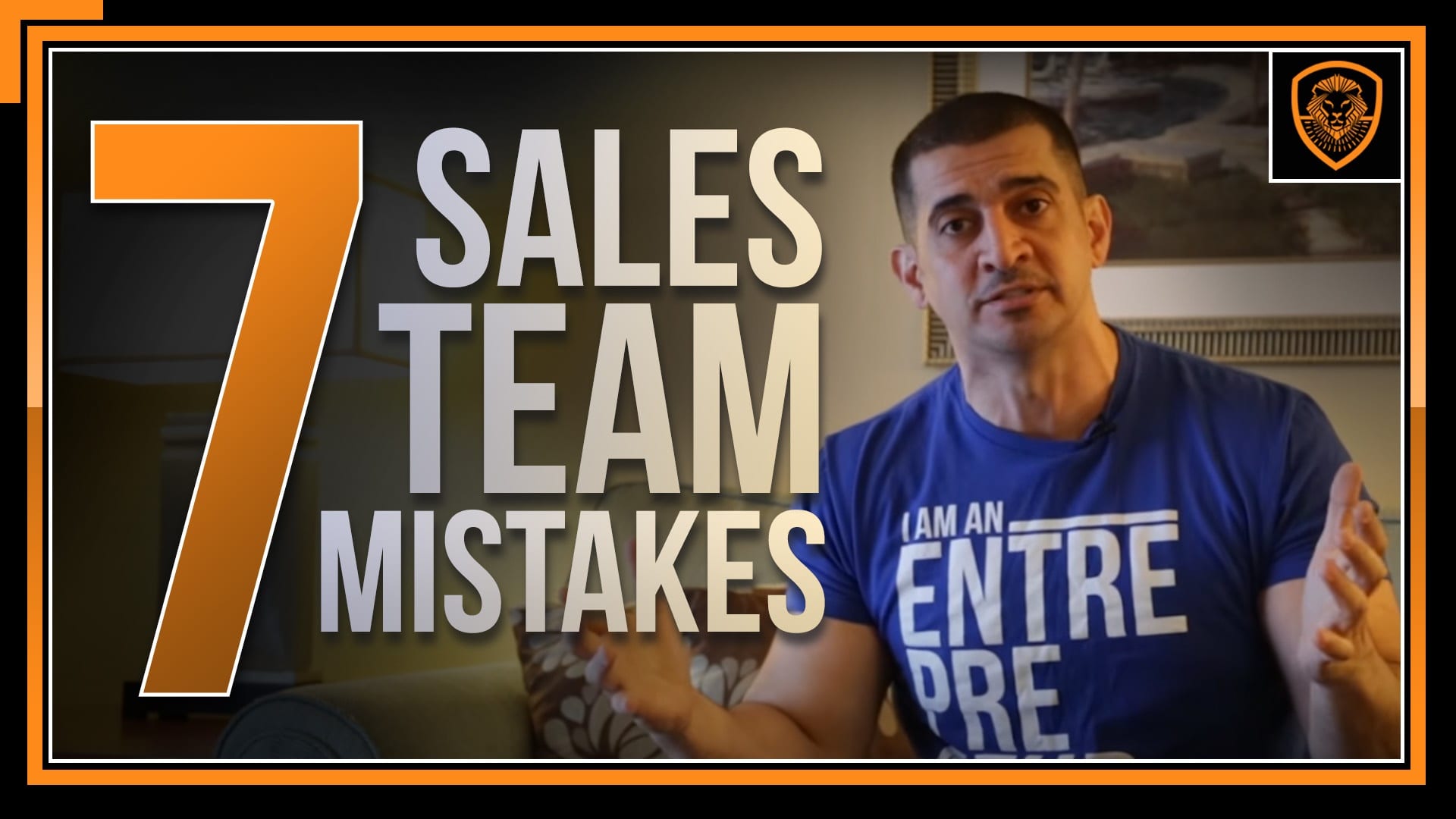 This article is by Rebecca Livermore. Rebecca is the content manager here at PatrickBetDavid.com and the owner of Professional Content Creation. She invites you to connect with her on LinkedIn.
This article is by Rebecca Livermore. Rebecca is the content manager here at PatrickBetDavid.com and the owner of Professional Content Creation. She invites you to connect with her on LinkedIn.
 Even though I may not know you, I can hear your protests when you read the words, “reasons every entrepreneur should start a blog.” As a busy entrepreneur, you already have enough to do, right? And on top of that, you may even hate to write.
Even though I may not know you, I can hear your protests when you read the words, “reasons every entrepreneur should start a blog.” As a busy entrepreneur, you already have enough to do, right? And on top of that, you may even hate to write.
I get it, I really do. Like all entrepreneurs, I struggle to find time to do everything I need to do, and sometimes I feel like if I add one more thing to my plate, everything will come crashing down.
But bar none, blogging has brought more income and opportunities my way than anything else I’ve done for my business.
In this post I’ll get into five simple reasons every entrepreneur should start a blog, and how you can do so successfully even if you hate to write.
#1: Blogging Helps People Find You
Obscurity is one of the most challenging things for new entrepreneurs. You have a great idea. A great service. A great product. But if only a few people have a clue who you are, your business will fail.
There are many ways to get the word out about your business. For example, you can invest in paid advertising. But the costs for that add up fast, and many people are skeptical of anything promoted via paid advertising. You can also rely on referrals, and while referrals are one of the best ways to grow your business, relying on them completely isn’t a good strategy, because they depend on other people taking action on your behalf.
In contrast, one of the best reasons to start a blog is that blogging is completely within your control. You don’t have to wait for someone to recommend you, and you don’t have to spend a fortune to get started. And while I wouldn’t say it’s easy to be found online, especially if you’re in a very competitive niche, every blog post you publish will be indexed by Google and other search engines, and when done well, can provide a lot of exposure for your business.
#2: Blogging Establishes You as an Expert
How do you respond when other people talk about how amazing they are, or how they’re the top expert in a particular field? Unless they’ve been given that distinction by someone else or proven it in some way, chances are, you’ve been a bit put off by such proclamations.
Blogging gives you an opportunity to demonstrate your expertise, because when you blog, you simply share information you know. That does a lot more good when it comes to establishing yourself as an expert than putting “guru” or “expert” in your Twitter profile.
#3: Blogging Gives Potential Clients and Customers a Chance to Know You
Have you ever gone into Costco for a specific purpose, only to be lured away from your primary mission by a sample? Yeah, me, too. And while I don’t always care for the things I sample, when I do, they often end up appearing in my cart, even though they weren’t on my shopping list.
Think of every blog post like one of those samples. People passing by, who weren’t even thinking about you originally, may be tempted to have a taste of what you offer in the form of a blog post. And if they like what they taste, chances are, they’ll want more. They may take a stroll through your blog looking for some other tasty morsels, but they also may look to see what they can add to their cart, either through checking out your speaking page, services or product page, or reaching out to you via your contact form. Even if they aren’t quite ready to buy now, they may sign up to be on your email list so they don’t miss what you offer in the future.
#4: Blogging Gives You An Opportunity to Partner With Others
When you start a blog and then blog consistently, other people in your industry will likely notice, especially if you share their content with your audience. Rather than seeing others that blog on the same topic as your competitors, view them as potential partners, and work on establishing a relationship with them and helping them whenever possible.
If you see your blog as a partnership building tool, you’ll find that your blog opens up all kinds of opportunities to partner with others. For example, I’ve featured other bloggers on my blog, particularly in times when they had something such as a new book or course to promote. Many of those same bloggers have given me the opportunity to publish a guest post on their blog during one of my book launches.
You can also use your blog to promote the products of others and in many cases receive a commission for any resulting sales.
#5: Blogging Saves You Time
I started off this post acknowledging the fact that you may protest about the time that it takes to blog, and because of that hesitate to start a blog. And it’s true; blogging does take time. But when done well, it also saves time.
If you’re like many entrepreneurs, you end up answering the same questions over and over again. And it’s a great sign if people ask you questions, because it means they see you as an expert in your field. But it can take a ton of time to respond to every question.
The great news is, since people often ask the same questions over and over again, use those questions to give you ideas for blog posts. Then the next time someone asks you a question you’ve already answered on your blog, simply send them a link to the post. If you do this, instead of spending 10 minutes over and over again every time someone asks that question, take 10 seconds to send them a link to your post where you answer that question.
What if You Hate to Write?
A lot of people protest when I encourage them to start a blog because they hate to write, or feel they aren’t good at it.
First, I want to say that you don’t have to be a great writer to blog successfully. Marcus Sheridan (also known as The Sales Lion), started blogging out of desperation, when his swimming pool business was about to go under. By his own admission, he wasn’t a great writer and even after several years of blogging doesn’t claim to be a gifted writer. Interestingly enough, his “bad writing” which includes using words like “dang” and “crapola” is part of what endears him to his readers. He is who is he, and has found great success as a blogger by writing like he talks.
And guess what? It worked. Blogging consistently literally kept his swimming pool business afloat (pun intended) in a time when many swimming pool businesses were filing for bankruptcy. His blogging efforts were so successful, his company’s website, River Pools and Spas is the number one swimming pool website in the world, and it all happened in spite of his less than stellar writing skills. He also went from being “just a pool guy” to being one of the top content marketing experts in the world.
In addition to not needing to be an amazing writer, here are a few ways to get around the issue of hating to write:
Create some other type of content.
Maybe writing long-form content isn’t for you, but you are a natural speaker, or you love creating videos. If that’s the case, start a podcast, or a YouTube channel and also publish that content on your blog. Even though blogs often contain written content (and in fact there are great advantages to written content), many blogs focus on other types of content.
Hire a writer.
I don’t recommend hiring a “ghost blogger” that creates a bunch of content and slaps your name on it. It’s important that any of your content that bears your name has your original thoughts and ideas. But a writer can take your spoken words and turn them into written content for you. You can also hire a writer or recruit unpaid guest bloggers that are experts in your niche to publish content on your site using their name. An example are posts such as this one on PatrickBetDavid.com that bear the name of someone other than Patrick.
Use proper tools.
Also, if you like to write but feel like your writing skills are subpar, tools such as Grammarly can help you make your blog posts shine.
I hope that through reading this article you've come to see why it pays to start a blog for your business. If you have any questions about blogging, be sure to leave them below.
In future posts I’ll provide information on how to start a blog, as well as provide information on how to blog in such a way that your business prospers as a result of your blogging efforts.







